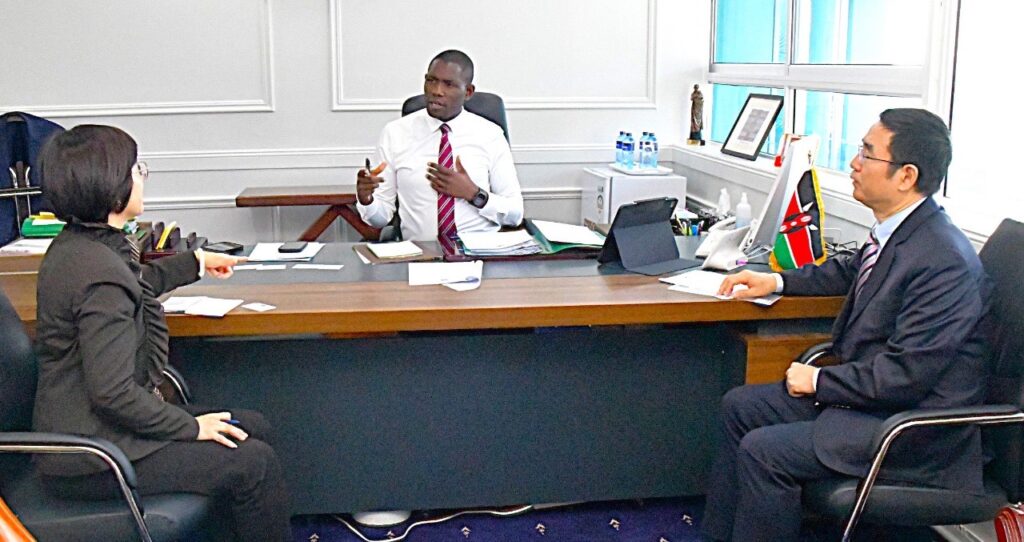For many Kenyans living with the effects of polio, sport has become more than just a pastime it is a pathway to dignity, strength, and advocacy. Polio survivors, some of whom contracted the virus as early as two years old, are using wheelchair basketball as a transformative tool to reclaim their independence and promote awareness about the importance of immunisation.
One such individual is a Paralympian and advocate who has dedicated her life to empowering polio survivors. Through sports, she has found physical strength, mental resilience, and social inclusion. Her initiative encourages others with disabilities to discover the same potential within themselves. She believes sports provide not just an outlet for energy but a way to challenge the stigmas and societal limitations placed on people living with disabilities.
Among the many beneficiaries is a mother and athlete who contracted polio at two. Her life changed when she joined the Kenya Wheelchair Basketball Federation. She now not only earns an allowance through the sport, helping her pay bills, but also uses her story to educate others about polio and the life-saving role of vaccines. She credits the game for boosting her stamina and improving her health.
Another polio survivor and president of the federation also shared his journey, revealing the discrimination many face in rural areas, where people with disabilities are often hidden from society. He views wheelchair basketball as a rehabilitation activity that helps survivors become self-reliant and socially active.
Beyond personal growth, this sporting initiative is an advocacy platform. Survivors are leveraging their visibility to push for higher polio vaccination rates, especially in regions where immunisation coverage remains dangerously low. While Kenya has not reported any wild poliovirus cases since 2013, vaccine-derived strains still threaten vulnerable populations, particularly in refugee camps and low-sanitation areas.
The survivors call on the government to provide consistent vaccine supply and funding for sports programs. They urge parents to prioritise full immunisation for their children. Through collective efforts in health, education, and social support, they believe Kenya can not only prevent new infections but also give every disabled child the opportunity to thrive.

